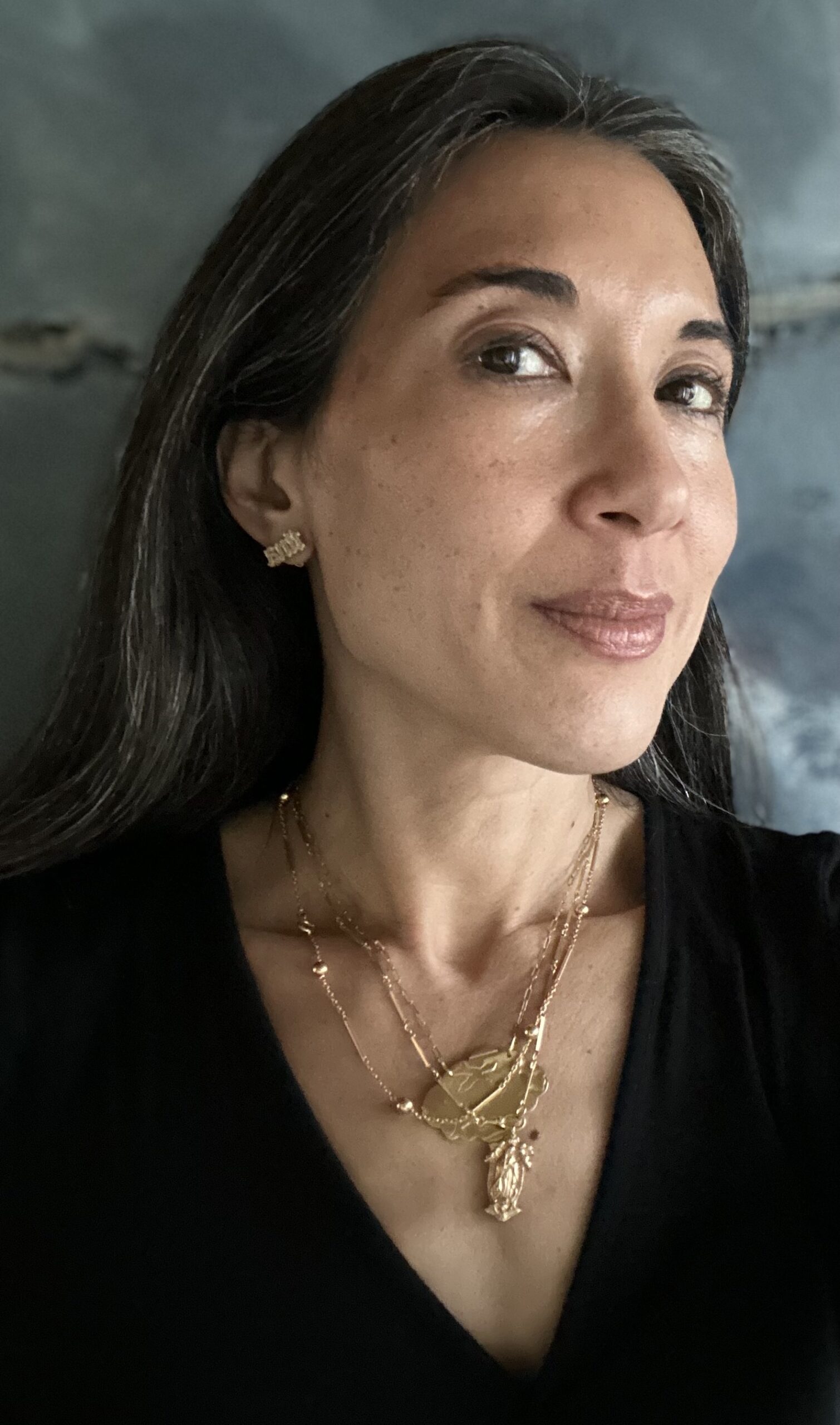By TINA CANE
Ray Liotta was listening to tapes of Henry Hill talking through a mouth
full of potato chips to the FBI around the same time I high and hunched
over a bowl of Lucky Charms was listening to my father lecture me on sex
at 2 o’clock in the morning home early from his shift to have the talk
his friends had urged him to give pacing and waving his hands I have to be
a mother and a father he said as he spoke of love the importance of it
when it came to
rolling my eyes crunching the hard marshmallow clovers
like so many potato chips I tried to muffle my hunger for other things
a new bike a bigger room better boys and since I didn’t get any of them
what I really want now is for Ray Liotta to be writing this poem for me
to be reading this poem to you for him to say how my dad said
It’s alright roll your eyes Love will be more important
than you think Especially for you
Tina Cane is founder/director of Writers-in-the-Schools, RI, and serves as poet laureate of Rhode Island. Her books include Once More with Feeling, Body of Work, and Year of the Murder Hornet. Her novel-in-verse for young adults, Alma Presses Play, was released in 2021.




